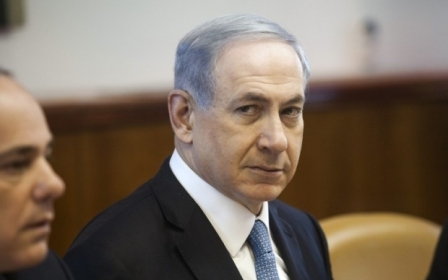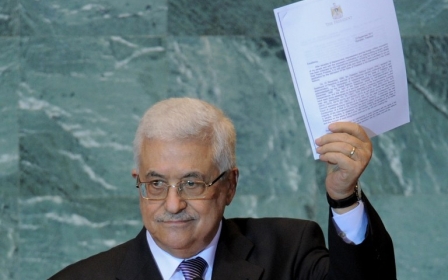Israel dismisses US concern over embassy move to Jerusalem
Israel has dismissed concerns in the United States over plans to relocate the US embassy to Jerusalem, saying the contentious issue would advance the peace process with the Palestinians, not harm it.
US President Donald Trump had promised during his campaign to move the American embassy from Tel Aviv to Jerusalem.
But there has been no concrete movement on that pledge so far.
Speaking to NBC's Meet the Press on Sunday, US Secretary of State Rex Tillerson said that Trump was still seeking to assess whether relocating the embassy would help or harm chances for Israeli-Palestinian peace.
"The president is being very careful to understand how such a decision would impact a peace process," Tillerson said, going on to suggest that Israel itself might be less than fully committed to a move, according to AFP news agency.
"I think it'll be informed, again, by the parties that are involved in those talks and most certainly Israel's view on whether Israel views it as being helpful to a peace initiative or perhaps a distraction."
But Netanyahu moved quickly to dismiss any questions about Israel's stance on the issue.
"Israel's position has been stated many times to the American administration and to the world," his office said in a statement.
"Moving the American embassy to Jerusalem would not harm the peace process. On the contrary, it would advance it by correcting an historical injustice and by shattering the Palestinian fantasy that Jerusalem is not the capital of Israel," the statement read.
Israeli daily Haaretz described the conflicting comments as "the first public disagreement" between Netanyahu's government and the Trump administration.
The comments also come only one week before Trump is expected to make his first official visit to Israel, on his first overseas trip since becoming president.
While Trump has not taken any action on his pledge to move the embassy so far, the Palestinian leadership fiercely opposes any such effort, and the international community has warned that it could spark unrest.
The Palestinians want East Jerusalem as the capital of any future Palestinian state.
In January, Palestinian Authority President Mahmoud Abbas warned Trump that moving the embassy would have a "disastrous impact on the peace process, on the two-state solution and on the stability and security of the entire region".
Israel occupied the West Bank, Gaza Strip and East Jerusalem in 1967.
It later annexed East Jerusalem, and in 1980, Israel unilaterally declared "reunited" Jerusalem as its capital. Both moves were never recognised by the international community.
Since the annexation, Israel has "promoted the twofold goal of expanding the city's Jewish population and reducing its Palestinian population," according to Israeli human rights group Btselem, through land appropriation, discriminatory policies in construction, unequal budget distribution, and other measures.
New MEE newsletter: Jerusalem Dispatch
Sign up to get the latest insights and analysis on Israel-Palestine, alongside Turkey Unpacked and other MEE newsletters
Middle East Eye delivers independent and unrivalled coverage and analysis of the Middle East, North Africa and beyond. To learn more about republishing this content and the associated fees, please fill out this form. More about MEE can be found here.




